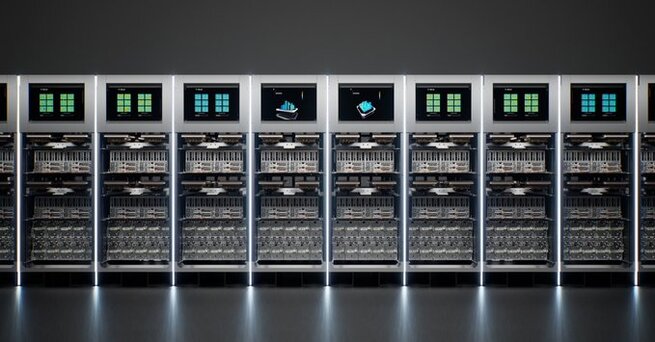
Tesla Dojo Supercomputer Shutdown: What It Means for AI and Self-Driving
Tesla’s decision to shut down its Dojo supercomputer marks a significant shift in its AI development strategy. The project, once envisioned as a game-changing in-house system to power self-driving technology and robotics, has been dissolved following the departure of key leaders and engineers. This move raises important questions about the company’s ability to compete in the rapidly evolving AI landscape and highlights the growing challenge of retaining top talent in the tech sector.
Why the Tesla Dojo Supercomputer Was a Big Deal
The Dojo project was central to Tesla’s vision of creating a vertically integrated AI ecosystem. Instead of relying on external chipmakers and cloud providers, Tesla aimed to design and build its own high-performance computing system. This would enable faster training of machine-learning models for Autopilot, Full Self-Driving, and the Optimus robot, potentially giving Tesla a competitive edge. However, repeated technical delays and leadership changes gradually pushed the project off course.
Talent Exodus and Strategic Setbacks
Over the years, Tesla has seen multiple senior engineers leave its AI hardware division, including the Dojo team. The most recent wave included project leader Peter Bannon and more than 20 engineers, many of whom joined other AI startups. This talent drain undermined the Dojo project’s progress and forced Tesla to rethink its approach. For a company positioning itself as a leader in autonomous technology, such losses could impact both innovation speed and product quality.
What’s Next for Tesla’s AI Efforts
With Dojo no longer in play, Tesla will likely need to lean more heavily on third-party computing solutions and partnerships to keep advancing its AI capabilities. While this could mean slower progress toward fully autonomous driving, it may also allow Tesla to focus on other critical areas, such as software optimization and vehicle production. Ultimately, the end of the Dojo supercomputer is less about the hardware itself and more about how Tesla adapts its AI strategy in an increasingly competitive market.
𝗦𝗲𝗺𝗮𝘀𝗼𝗰𝗶𝗮𝗹 𝗶𝘀 𝘄𝗵𝗲𝗿𝗲 𝗿𝗲𝗮𝗹 𝗽𝗲𝗼𝗽𝗹𝗲 𝗰𝗼𝗻𝗻𝗲𝗰𝘁, 𝗴𝗿𝗼𝘄, 𝗮𝗻𝗱 𝗯𝗲𝗹𝗼𝗻𝗴. We’re more than just a social platform — from jobs and blogs to events and daily chats, we bring people and ideas together in one simple, meaningful space.